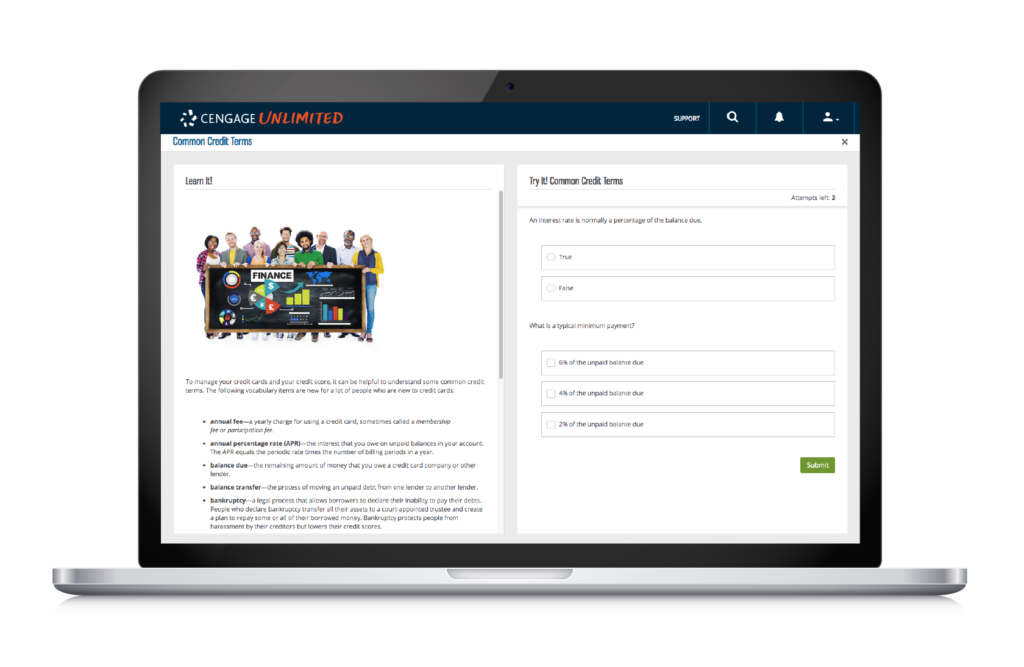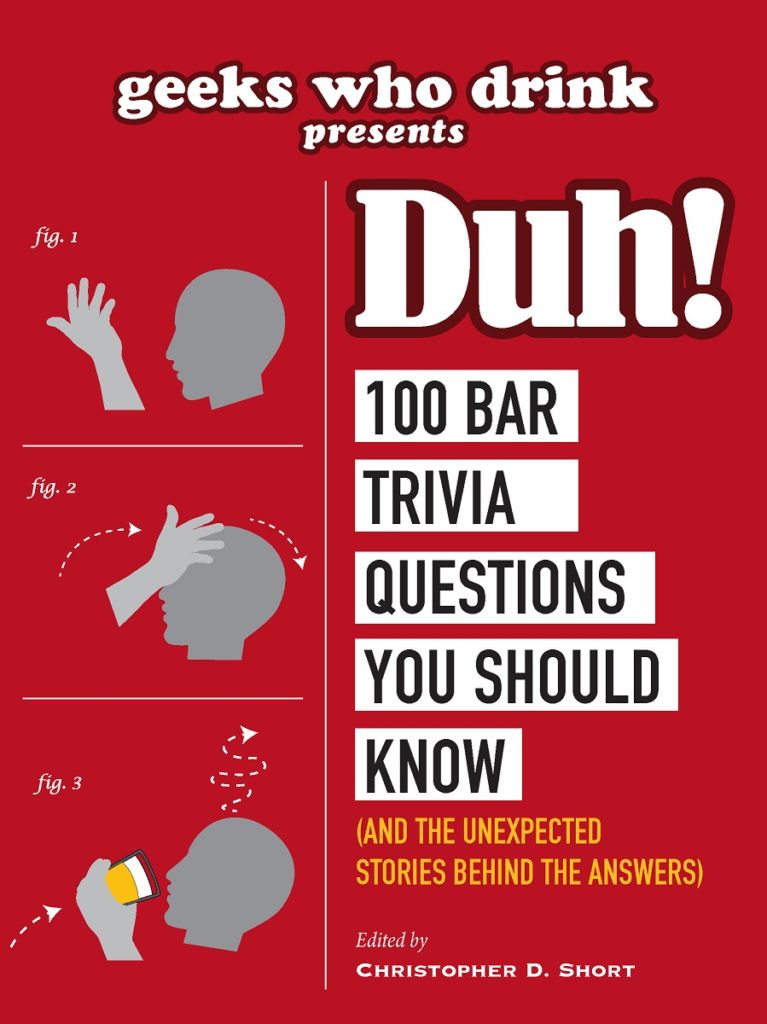
Today’s College Students More Worried about Managing Money than Managing their Courses
BOSTON—September 26, 2019 — Today’s college students are anything but traditional, with many students being older, the first in their families to attend college and juggling jobs and child care in addition to their classes. And, as college costs continue to rise, nearly half of today’s students say managing their money is their biggest worry, according to a recent report.
“With student debt levels at $1.5 trillion and growing, it’s no wonder that students are worried about their finances,” said Michael E. Hansen, CEO of Cengage. “Yet by taking the time to plan and become financially literate, students will develop more confidence in their ability to manage their money.
“That’s why we’re now offering free financial literacy resources with every Cengage Unlimited subscription. It’s another way for us to support students beyond their classes and help them be better prepared for the world outside their classrooms.”
A Cengage Unlimited subscription gives students access to more than 22,000 products, including eBooks, online homework access codes and study guides for one price — $119.99 a semester ($179.99 a year), no matter how many materials they use. The subscription includes six financial literacy tutorials, including:
1. Common Credit Terms: helpful definitions to learn the difference between terms like annual percentage rate and interest rate
2. Managing Student Loans: information on different loan types
3. Organizing Financial Paperwork: tips for keeping organized to stay on budget
4. Saving an Emergency Fund: how many months of expenses should be considered
5. Spending Less Money: obvious and not-so-obvious ways to save
6. Taking Control of Your Credit Cards: information about managing cards and avoiding pitfalls
In addition to free financial literacy resources, Cengage Unlimited includes college success and career support activities in areas such as time management and goal setting. Students can explore career paths, assess their skills, build resumes and take advantage of career-readiness support, including in-demand soft skills training. In addition, each Cengage Unlimited subscription includes access to resources and services from Dashlane, Evernote, Kaplan, Quizlet and Chegg.
Launched in August 2018, more than one million Cengage Unlimited subscriptions have been sold and student savings are expected to reach $160 million by the end of this academic year.
Students can access their own projected savings from Cengage Unlimited using the Savings Calculator and they can see total savings at their institution to-date via the interactive Savings Map.
For more information about Cengage Unlimited, or to purchase a subscription visit: https://www.cengage.com/unlimited/.

About Cengage
Cengage is the education and technology company built for learners. As the largest US-based provider of teaching and learning materials for higher education, we offer valuable options at affordable price points. Our industry-leading initiatives include Cengage Unlimited, the first-of-its-kind all-access digital subscription service. We embrace innovation to create learning experiences that build confidence and momentum toward the future students want. Headquartered in Boston, Cengage also serves K-12, library and workforce training markets around the world. Visit us at www.cengage.com or find us on Facebook or Twitter.
Media Contact
Kristina Massari
Cengage
203-965-8694
kristina.massari@cengage.com
###



